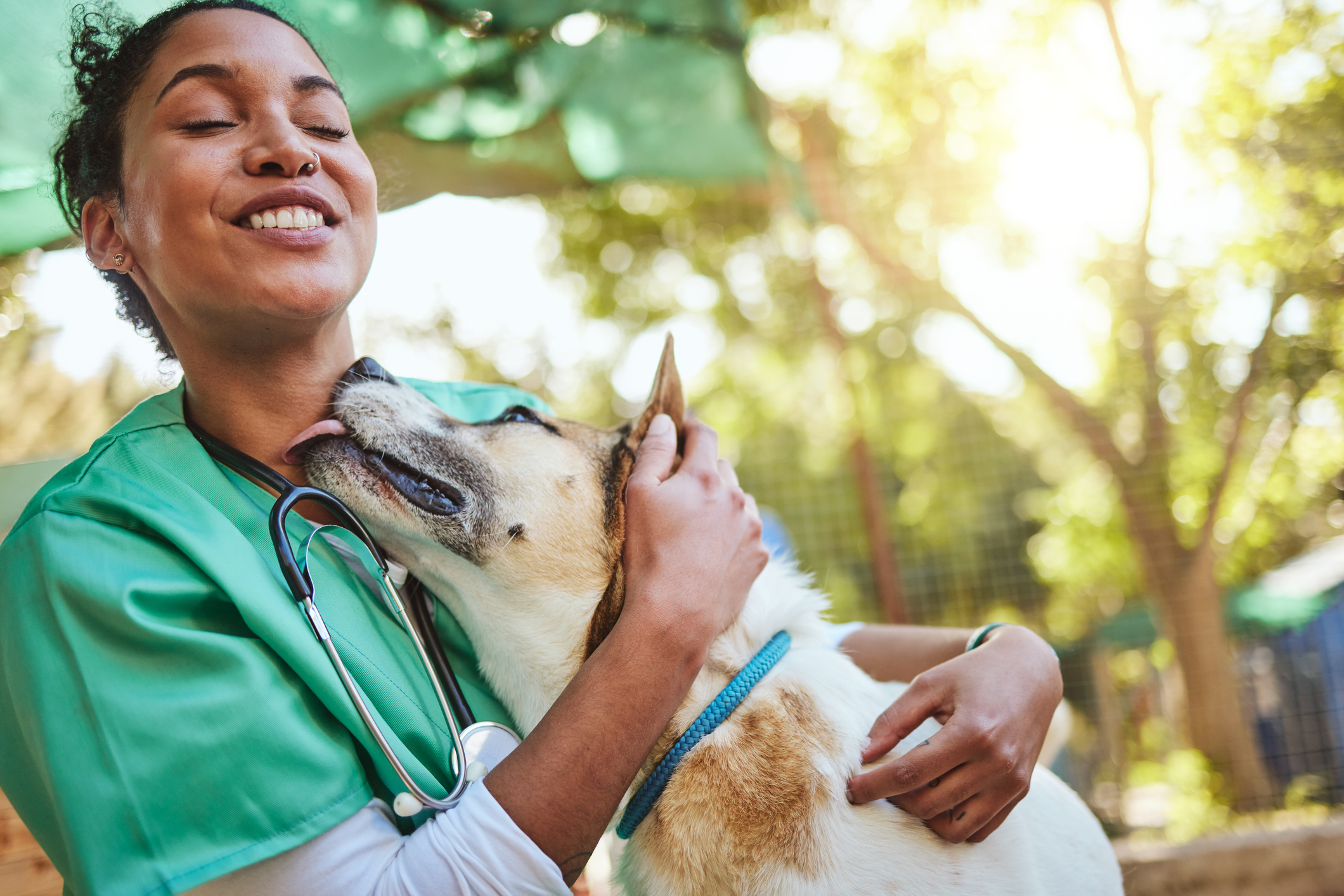Why a Routine Pet Health Checkup is Essential for Preventative Pet Treatment
Why a Routine Pet Health Checkup is Essential for Preventative Pet Treatment
Blog Article
Vaccination Standards From Your Trusted Veterinarian
Inoculation guidelines supplied by your relied on veterinarian play a critical duty in protecting your animal's health and well-being. Additionally, addressing usual misconceptions bordering vaccinations can further enhance family pet proprietors' self-confidence in these preventive measures.

Relevance of Vaccinations
Vaccinations play a critical function in securing pets against a series of preventable illness. By boosting the body immune system to recognize and battle certain microorganisms, injections substantially reduce the occurrence of infectious diseases that can impact a pet dog's health and long life. Not only do inoculations safeguard specific animals, however they also add to herd resistance, therefore lowering the general occurrence of conditions in the animal populace.
Timely vaccinations help to reduce the spread of conditions such as rabies, parvovirus, and distemper, which can have severe consequences for both humans and pets. In addition, vaccinations are typically a demand for boarding facilities, brushing solutions, and pet parks, making them necessary for those who wish to mingle their pets.

Core Injections for Animals
While the specific vaccination demands of pets can differ based upon individual factors, core vaccines are widely advised to secure against the most common and major conditions (Emergency Vet). Core vaccines are those deemed necessary for all family pets, no matter their way of living or geographical area, as they safeguard against possibly fatal and highly transmittable ailments
For pets, the core vaccines include those for canine distemper, parvovirus, adenovirus (liver disease), and rabies. Adenovirus can result in liver disease, while rabies is a zoonotic condition that poses a risk to both people and animals.
In pet cats, core injections encompass feline panleukopenia, feline calicivirus, feline herpesvirus (rhinotracheitis), and rabies. Feline panleukopenia is an extremely contagious viral condition that impacts the body immune system and intestines. Calicivirus and herpesvirus are major factors to top respiratory infections in pet cats, while rabies stays a critical worry for public wellness.
Talk to your vet to guarantee your pets obtain their core vaccinations on timetable.
Non-Core Vaccines Explained
Non-core vaccines are customized to resolve specific risks related to a family pet's lifestyle, exposure, and environment to particular conditions. Unlike core vaccines, which are generally recommended for all family pets, non-core vaccinations are thought about based upon specific conditions. These vaccinations are specifically crucial for pets that might experience distinct microorganisms due to their geographical place, traveling habits, or activities.
Examples of non-core injections include those best site for Bordetella bronchiseptica, which is linked to kennel coughing, and Lyme illness, brought on by ticks. Pet dogs that often connect with various other animals, such as those in boarding centers, dog parks, or grooming settings, might take advantage of Bordetella vaccination. Similarly, if you stay in a location where Lyme illness is widespread, vaccinating versus this illness can be a sensible option for outdoor-loving dogs.
Various other non-core vaccines might include those for leptospirosis, canine flu, and feline leukemia, relying on the particular risk variables present. It is important to have a complete conversation with your vet regarding your pet's way of life and the possible requirement for these injections, making sure a tailored vaccination method that best safeguards your hairy close friend.
Vaccination Schedule Introduction

As pet dogs grow, it is crucial to abide by the advised booster vaccinations. Veterinarian Enterprise. For adult animals, core vaccinations are typically given every one to three years, relying on the details vaccination and neighborhood laws. Non-core injections might be encouraged based upon way of living aspects and local disease occurrence, necessitating a customized method
Routine veterinary exams are essential for upgrading inoculation schedules. Your why not find out more vet can supply advice on one of the most appropriate booster shots for your animal, considering age, health and wellness standing, and environmental risks. By remaining aggressive and notified, family pet proprietors can guarantee their furry companions get timely and efficient vaccinations, thereby guarding their health and health throughout their lives.
Common Myths Regarding Vaccinations
Misconceptions regarding family pet vaccinations can result in confusion and unwillingness among animal owners regarding the booster shot process. One widespread myth is that vaccines are unneeded for interior family pets. While it's real that indoor pet dogs deal with lower dangers, they are not totally immune to illness, as virus can be presented with numerous ways, including human apparel and various other pet dogs.
An additional false impression is that injections can trigger the conditions they intend to avoid. In truth, a lot of vaccines contain inactivated or undermined pathogens, which can not trigger disease in healthy pets. Some animal proprietors likewise think that their pets ought to not be vaccinated if they are currently her response healthy and balanced; nevertheless, inoculations are an aggressive measure that aids avoid the beginning of disease.
In addition, lots of pet owners are afraid that injections will certainly lead to lasting wellness complications. The advantages of inoculation-- securing family pets from possibly serious diseases-- much surpass the threats.
Verdict
In summary, adherence to inoculation standards is crucial for ensuring the health and long life of animals. Core vaccines provide important security versus severe conditions, while non-core vaccines attend to details dangers based on private lifestyles. Establishing a comprehensive vaccination timetable, combined with regular vet check-ups, assists in ideal health monitoring. Eliminating common myths bordering inoculations additionally reinforces the significance of notified decision-making in animal care. Ultimately, a proactive method to vaccinations is crucial for maintaining animal wellness.
Not just do inoculations shield specific pets, however they likewise contribute to herd immunity, consequently reducing the overall occurrence of illness in the animal populace.
False impressions regarding pet inoculations can lead to confusion and hesitation amongst pet dog owners relating to the booster shot process. While it's true that indoor pets encounter lower dangers, they are not completely immune to conditions, as microorganisms can be introduced with various means, consisting of human clothing and other pets.
Some animal owners additionally think that their pets ought to not be vaccinated if they are already healthy; however, vaccinations are a proactive action that helps avoid the beginning of illness.
The benefits of inoculation-- protecting animals from potentially serious conditions-- much surpass the risks.
Report this page